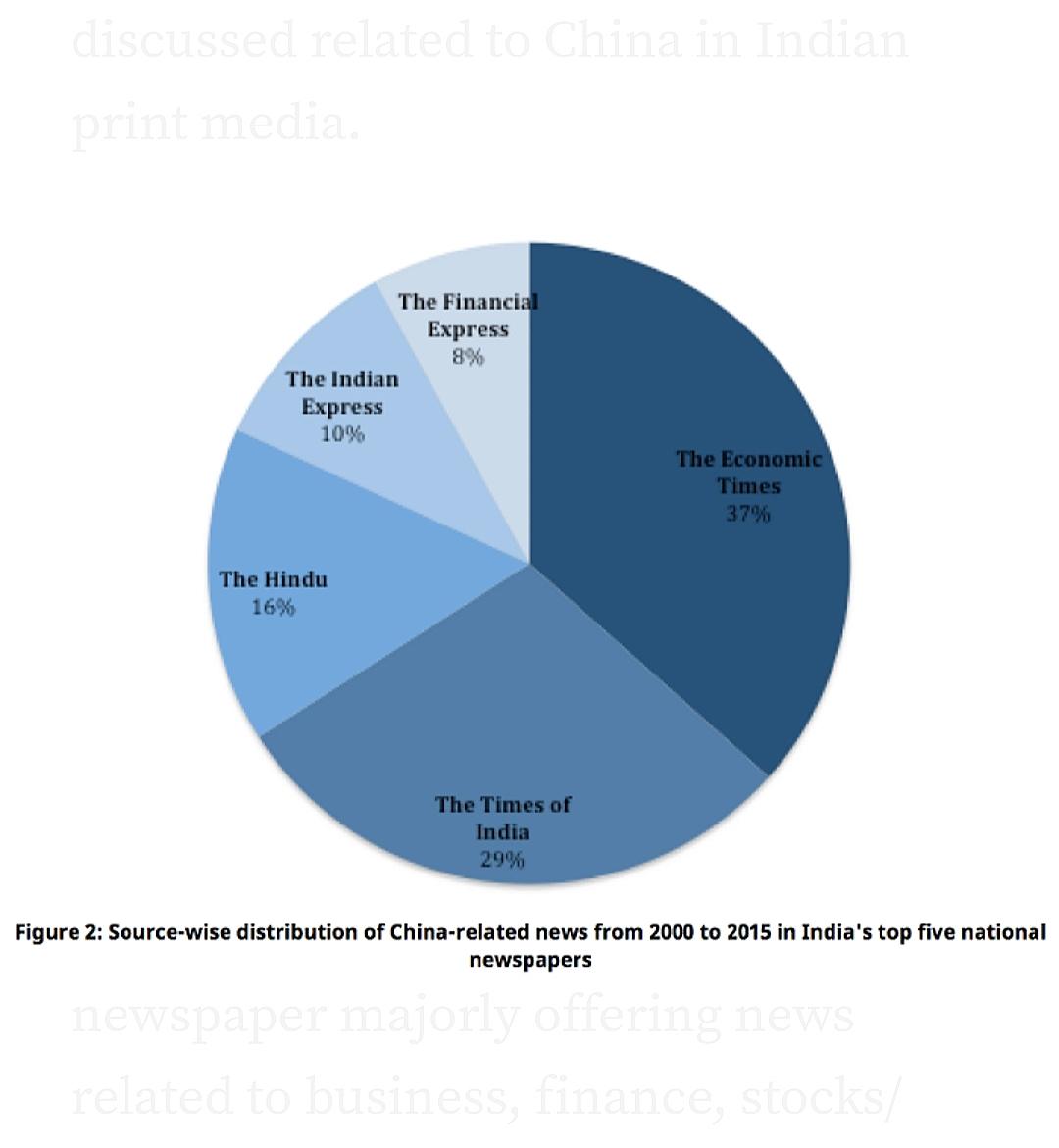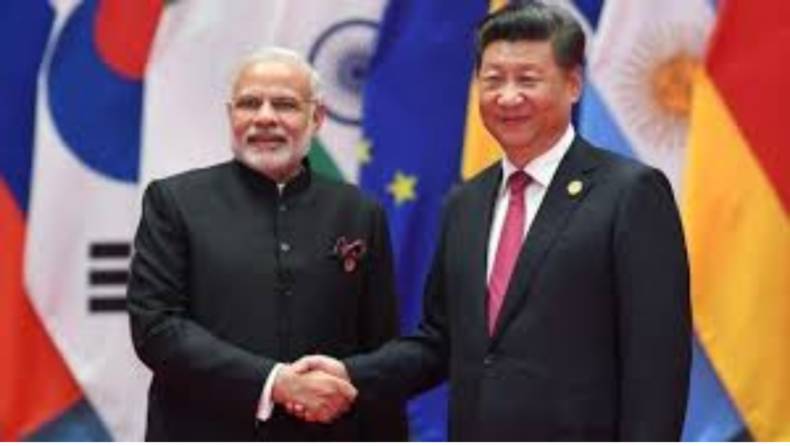- China and India terminated five principles of peace under which India approved the rule of the Chinese government in Tibet. This time was when , our former Prime Minister , Pandit Jawaharlal Nehru raised the slogan: “HINDI-CHINI BHAI”
Introduction
The Indo-China war is also known as the Sino-Indian war. This war was held in 1962.Himalayan border was the main reason for the war, but there were some other issues as well. This year is the 56th anniversary of the end of the Sino-Indian war.
A series of violent border incidents due to the Tibetan insurgency after the Dalai Lama was bestowed refuge by India. A forward policy was begun by India According to which some outposts were placed along the border, including McMahon line in north, line of control in the east declared by Chinese premier Zhou Enlai , 1959.
This fight continued for one month and one day from 20 October to 21 November 1962. The location of the war was Aksai chin and Arunachal Pradesh (N.E frontier agency). There were many series of clashes between India and China that led to the Indo china war. India never expected or thought that China ever would attack India, but they attacked India.
China and India always had good relations with each other. But after the near things changed, relations became just Diplomatic relations. The war which continued for 1 month and 1 day resulted in the victory of china. The war ended after the ceasefire declaration on 20 November 1962 by China, and they declared the withdrawal of its claim on the line of control.

CAUSES AND EVENTS THAT LED TO THE WAR
- When the Republic of India became independent and the People’s Republic of China was formed in the year 1949, Among many policies one policy of India was to maintain good relations with China.
- When it was announced by China that they are occupying Tibet, India went against it and sent a letter of protest which stated proposals on the Tibet issue.
- India made many efforts to maintain good relations with China. India was very sensitive about its relations with China. India didn’t attend the conference for a peace treaty with Japan because China was not invited to the conference.
- One of the most important reasons for the war is China’s threat to its rule in Tibet, they will lose because of India.
- Throughout the year various problems, military tensions between two nations began rising in 1962.
- Chushul, the Indian post was surrounded by 350 Chinese troops on 10 July 1962, with the help of loudspeakers they tried to convince the Gurkhas to not to fight for India.
- After the tension between the armies of India and China on Kongka Pass, where 9 policemen of India were killed, they realized the responsibility for the border and from the disputed areas they directed the patrols to come back.
- These were some of the important reasons for the problems and tensions which led to the most important war in Indian history.
- Aksai Chin and Arunachal Pradesh, the widely separated border regions, became the major cause of the war. India claimed it to be part of Kashmir and China claimed it part of Xinjiang because Aksai chin region contains major links of roads which connects Chinese region of Xinjiang and Tibet. One of the problems was the construction of this road by china.

CONSEQUENCES / AFTERMATH OF THE WAR
- According to China’s official military history, the war failed China’s policy of securing borders in its western region. China kept control over Aksai Chin region.
- After the war India rejected the forward policy and borders were established along the line of control (Loc).
- The aftermath of the war saw the changes in the military system in India to prepare it for similar conflicts in future. The Defense minister of that time Krishna Menon was blamed for the unpreparedness of the army.
- He resigned from his post to allow someone who could modernize the Indian military system.
- Former prime minister Pandit Jawaharlal Nehru also faced a huge criticism after losing the war, because of the India-China brotherhood, because of India’s Incapacity to predict the rebellion of China.
- Sensing the weakness of the Indian army, Pakistan, a close friend of China, began a policy of stimulation against India by causing troubles in Jammu and Kashmir, ultimately this led to the second Indo-Pak war in 1965.
- Soon after the end of the war, the Indian government passed the Defense of India Act in December 1962. The act allowed the arrest of any person simply having Chinese surname, drop of Chinese blood, or a Chinese spouse. Thousands of Chinese were thus forcibly deported to leave India.
Reason for China to get closer to India:
There is good reason for China to improve its relationship with India on all aspects including water sharing, and both countries need to move beyond the occasional crisis, says noted analyst Prem Shankar Jha
The construction of hydropower projects on the Brahmaputra, which China refers to as the Yarlung Zangbo river, can be done in collaboration with China, India, and Bangladesh.
Manmohan Singh was repeatedly told by President Xi and Premier Li that China would not build a dam to impound the Brahmaputra’s waters; instead, its projects would be run-of-the-river, which would provide electricity but not hold back the water.
Despite having a lot of cash on hand, Chinese businesses currently experiencing a recession have no more direct investment prospects. This creates a clear opportunity for collaboration that both nations may take advantage of.

INTEREST.COM
India has maintained over the past two years that normalizing relations with China is not possible unless the ongoing border disputes are handled. Instead, China has recommended that the two sides put the border dispute on hold and focus on other elements of their relationship.
Reference:













